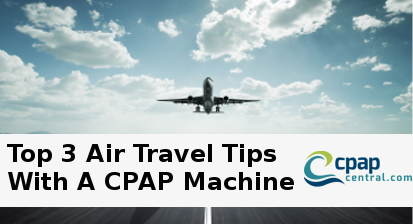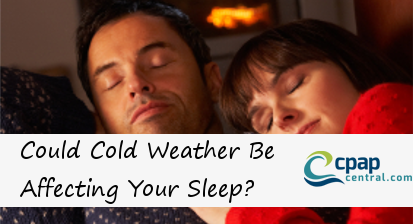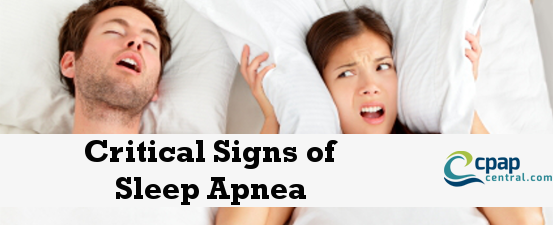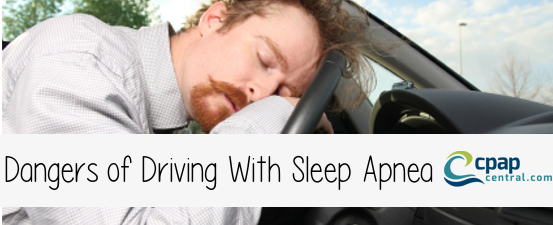
Traveling with a CPAP machine can be easy with these top 3 tips.
November starts a couple months of increased air travel across the United States. Millions of Americans will be filing onto airplanes to visit family and friends as major holidays are just weeks apart.
If you have sleep apnea and planning on traveling with a CPAP machine, you will need to anticipate some additional steps while checking luggage for air travel. With the hopes of easing some stress and saving time, CPAPCentral.com has the following CPAP travel tips for a smoother travel experience.
- CPAP Travel Tip 1: Anticipate Delays with Security.
A CPAP machine will require a thorough scan and examination during the security inspection. CPAPCentral.com highly encourages you to arrive extra early to allow for time spent in the security line and avoid running late for your flight. You can also contact the airline a couple days before your flight to inquire about additional documentation required for traveling with a CPAP machine to save time during security checks.
- CPAP Travel Tip 2: If Possible, Carry On Your CPAP Machine.
If your CPAP machine is a smaller model, we highly recommend keeping the CPAP machine in your carry-on luggage. Keeping your CPAP equipment in sight is ideal to ensure nothing is lost during your flight. If your CPAP machine gets lost with your checked luggage, contact the airline.
- CPAP Travel Tip 3: Using Your CPAP Machine on a Plane.
Have a long flight scheduled? You are allowed to sleep with your CPAP machine; however you will need to be prepared. In order to operate the CPAP machine, a power adapter is necessary in order to work with the plane’s power outlet.
Avoid air travel headaches this year with these tips from CPAPCentral.com and be sure to inspect your CPAP supplies for damage when you arrive at your destination. We encourage you to plan and pack accordingly with time to spare. Enjoy your winter holidays from CPAPCentral.com!



